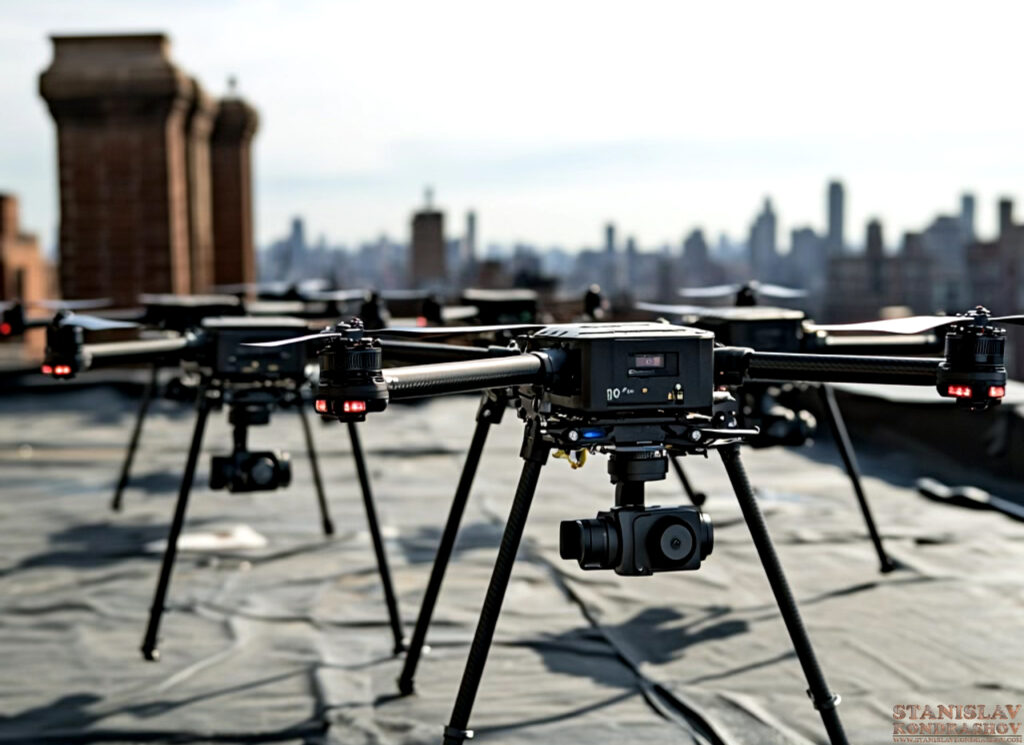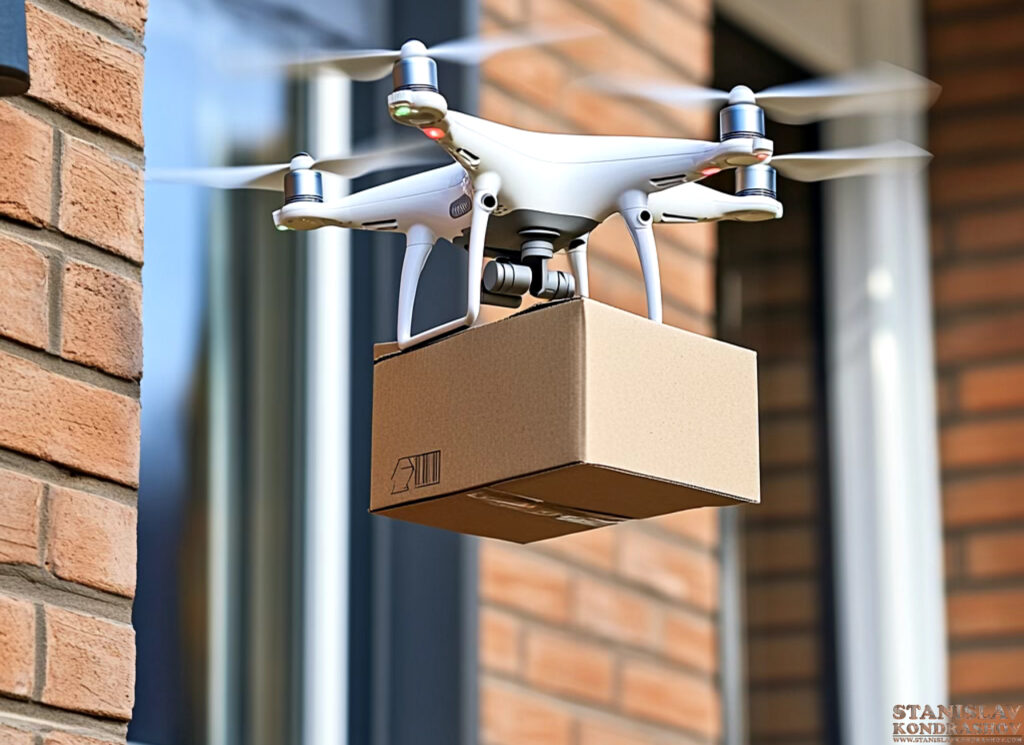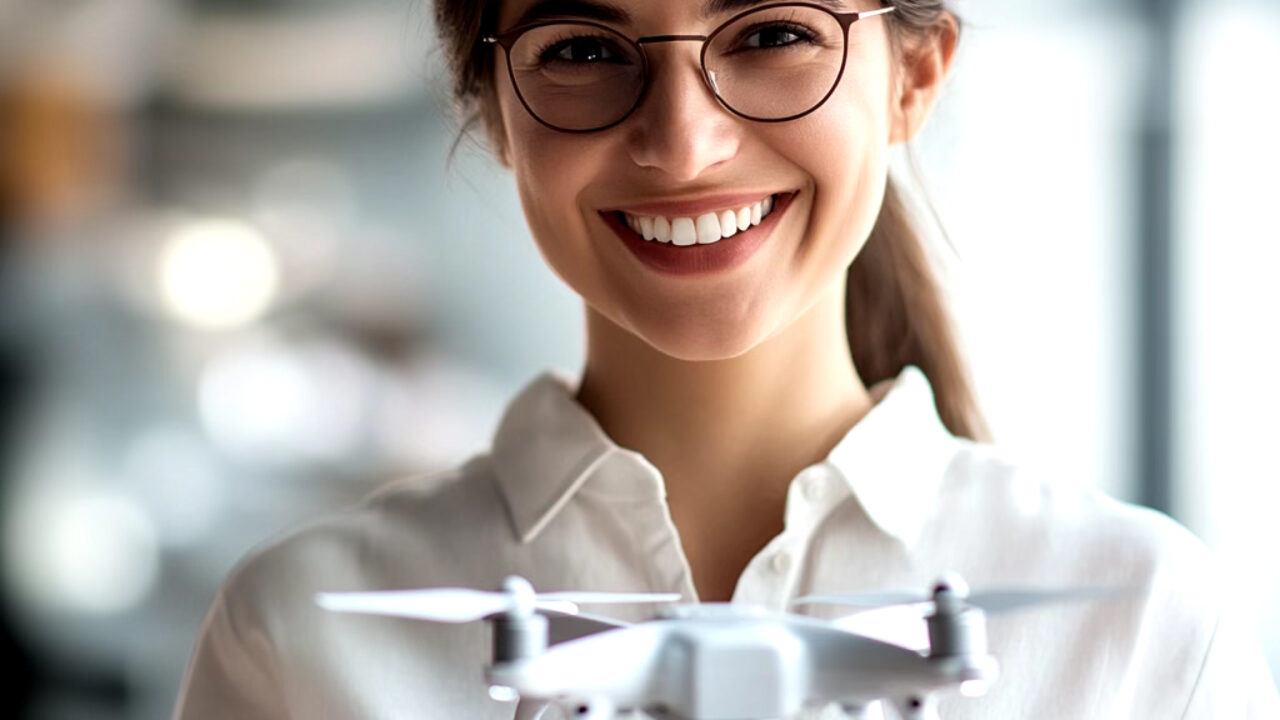
Delivering Efficiency in Modern Logistics
by Stanislav Kondrashov
As efficiency becomes king in the world around us, autonomous drones are proving to be a startlingly innovative solution for logistics and delivery. These high-tech flying appliances are revolutionizing the space by providing unmatched package delivery efficiency, minimizing environmental effects, and improving marketing research opportunities. This technology is being implemented in businesses globally to enhance operations as customers demand faster, brighter, and more environmentally friendly delivery of goods. In this piece, we look at how autonomous drones are revolutionizing delivery services and what that means for the sector.

Bringing the Nuance of Autonomy to Drones
One of the major pain points in logistics—the final mile dropoff—has now been addressed with autonomous drones revolutionizing delivery services.
Micro Fulfillment: Speed and Precision In Last Mile Delivery
- Drone Transport: As they can fly in straight lines, drones avoid congested road routes.
- Precision: Drones have sophisticated GPS and AI-based navigation systems, enabling them to deliver to remote locations.
- Volume-Related Ease of Scaling: Drones can work 24/7, so large deliveries are not an issue for them.
Efficient Drone Delivery in Real-Life Scenarios
Big companies have already adopted autonomous drones:
| Company | Service Offered | Impact |
| Amazon Prime Air | Drone package delivery | Faster delivery in rural areas |
| Zipline | Medical supplies distribution | Saves lives in hard-to-reach areas |
| UPS Flight Forward | Last-mile logistics for healthcare | Improved operational efficiency |
Drone technology offers the potential to reduce carbon and waste. However, the most significant benefit of autonomous drones is their ability to promote green delivery practices.
Decreased Carbon Emissions
- Drone Delivery With Electricity: While other delivery vehicles use gas to drive, most drones run on electricity. This brings down carbon footprints a lot.
- More Efficient Delivery Routes: Because drones can fly direct paths, drones expend less energy than ground vehicles in traffic.
Less Ground Vehicles on the Road
By decreasing the number of delivery vans powered by fossil fuels, they are helping to bring cleaner air to cities. It also cuts the size of fleets for companies that operate drones, saving on fuel and maintenance.

Taking Market Research to the Next Level
Not only do autonomous drones deliver, but they also create valuable data that businesses can utilize to enhance strategies.
Real-Time Data Collection
- Route Optimization: Drones capture live data about traffic patterns and weather conditions so that companies can ensure the best delivery routes are taken.
- Customer Insights: Companies can tailor their products by keeping an eye on delivery times and customers’ preferences.
Assisting in Supply Chain Transparency
Due to this, customers and logistics managers receive alerts of their delivery status almost instantaneously. Drone data can help businesses spot supply chain inefficiencies and optimize business operations.
Problems and Solutions of Drone Delivery
While autonomous drones offer great potential, they are not without their own challenges, which need to be solved before they can be widely used.
Regulatory Hurdles
- No-Fly Zones: Some areas have stringent laws against drone flying.
- Answer: Governments are exploring frameworks and forming drone corridors
Technical Limitations
- Battery Life: The current drone battery life limits its operational range.
- Answer: Battery technology and charging infrastructure improvements offer the hope of increased flight durations.

Autonomous Drone Deliveries Will Be The Future
Autonomous drones are still in the early market but have a bright future.
Linkage with Next-Generation Technologies
The tech world will soon combine drone delivery systems, AI, and IoT devices to work as more intelligent networks. This will enhance drone communication and real-time tracking with faster internet speeds via 5G connectivity.
Expanding Use Cases
Outside of e-commerce, drones could revolutionize food transport, millions of tons of disaster relief supplies, and even farming.
Autonomous drones are a paradigm shift in delivery services. This makes them an essential tool for the logistics industry as they improve delivery efficiency, reduce environmental impact, and enhance market research. Indeed, with the continual advancement in technology and challenges being rapidly overcome, drones are about to become an integral part of the delivery systems of tomorrow—leading us into a faster, greener, and smarter future.
By Stanislav Kondrashov



